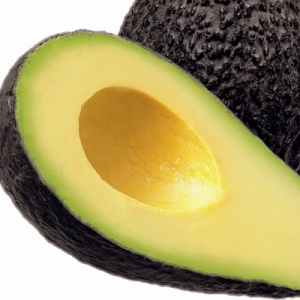TWO FORMERLY fierce rivals in avocado exporting say their successful collaboration could signal the way forward for other export industries.
The forecast for Australia earnings this season have jumped 20%, from $40m to $50m, for the newly formed avocado exporter Avoco.
Now representing about 75% of New Zealand avocado growers, Avoco is a collaborative venture after decades of "fierce rivalry yet mutual respect" between New Zealand's two biggest avocado export companies, says an Avoco director Alistair Young.
Southern Produce Ltd, Bay of Plenty, and Primor Product Ltd, Auckland, put aside their long-standing commercial competitiveness to form the joint venture company to export to Australia, the biggest export market for avocado. They also now represent about 75% of exports to that market.
This bold move could signal the way forward for other export industries, they say.
"We have realised it makes complete sense to work as a partnership against foreign competitors rather than fight among ourselves," says Young, who is also a Southern Produce director. "The interests of the New Zealand avocado industry and its growers are best served by a unified entity focused totally on getting the best orchard-gate return for growers."
Primor Produce director and general manager John Carroll says growers demanded they perform better as an export industry. Avoco was able to revise its forecast earnings upwards at its first board meeting in June.
The two companies are also collaborating in all other export markets under their Avanza commercial arrangement.



















